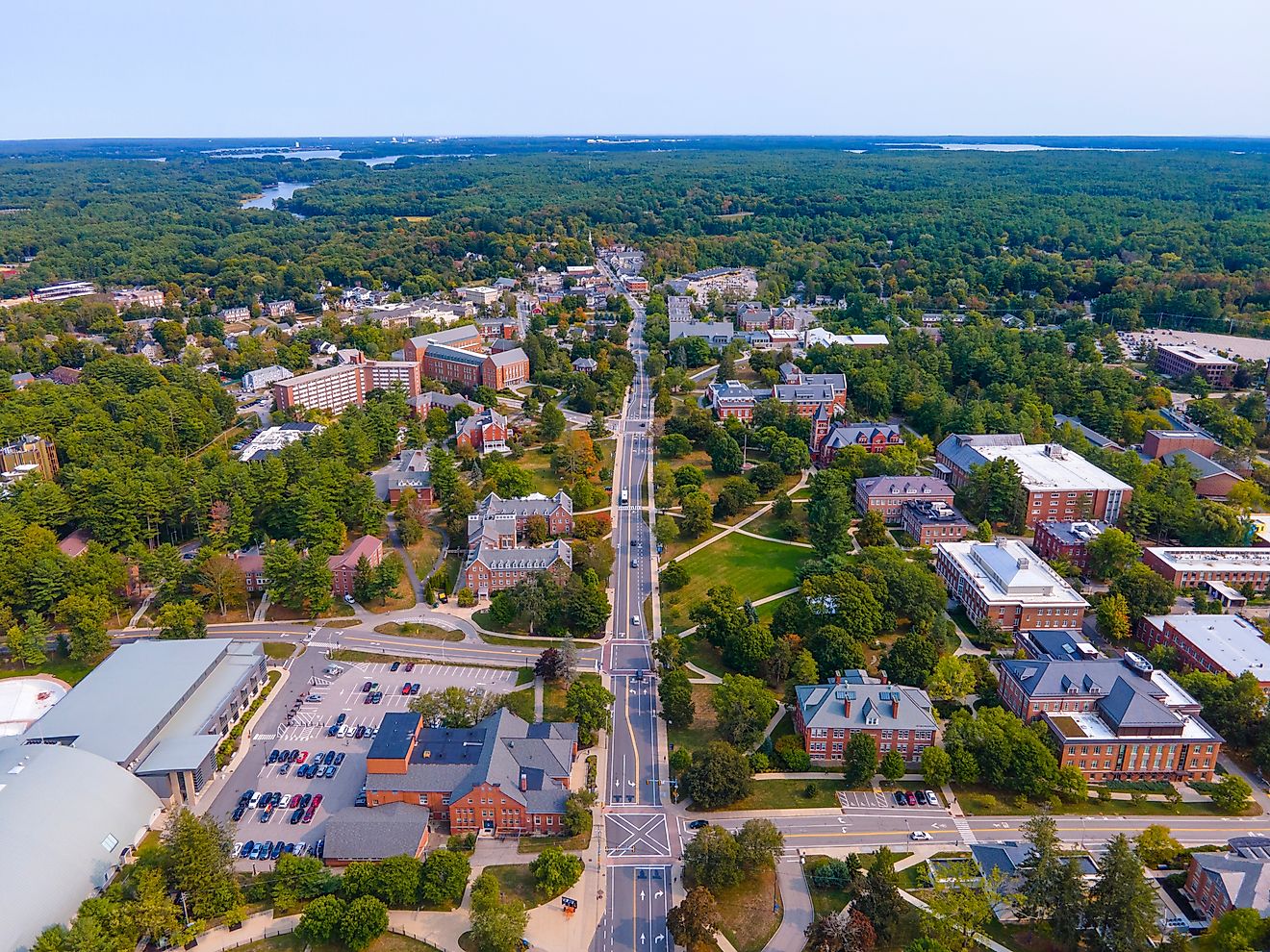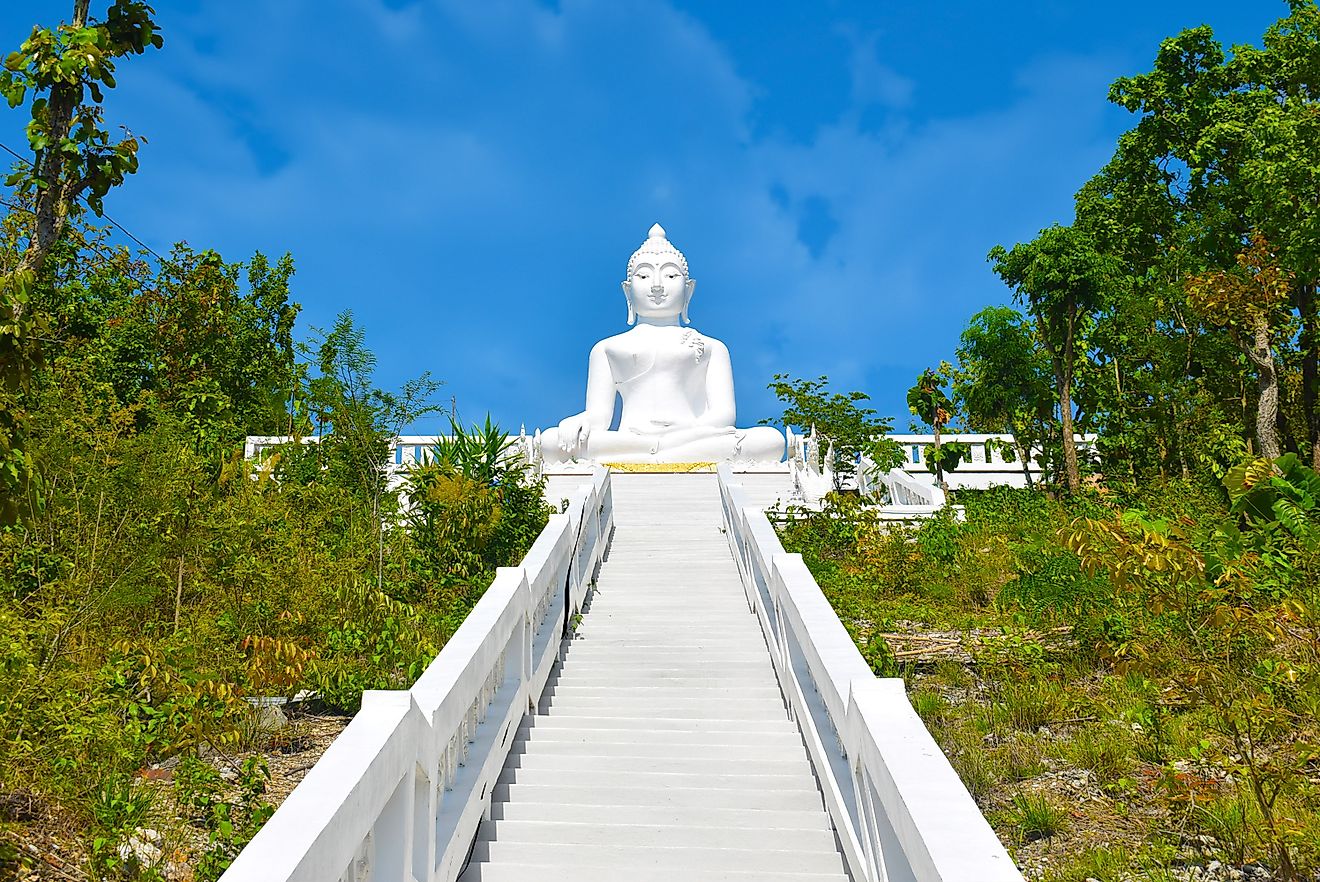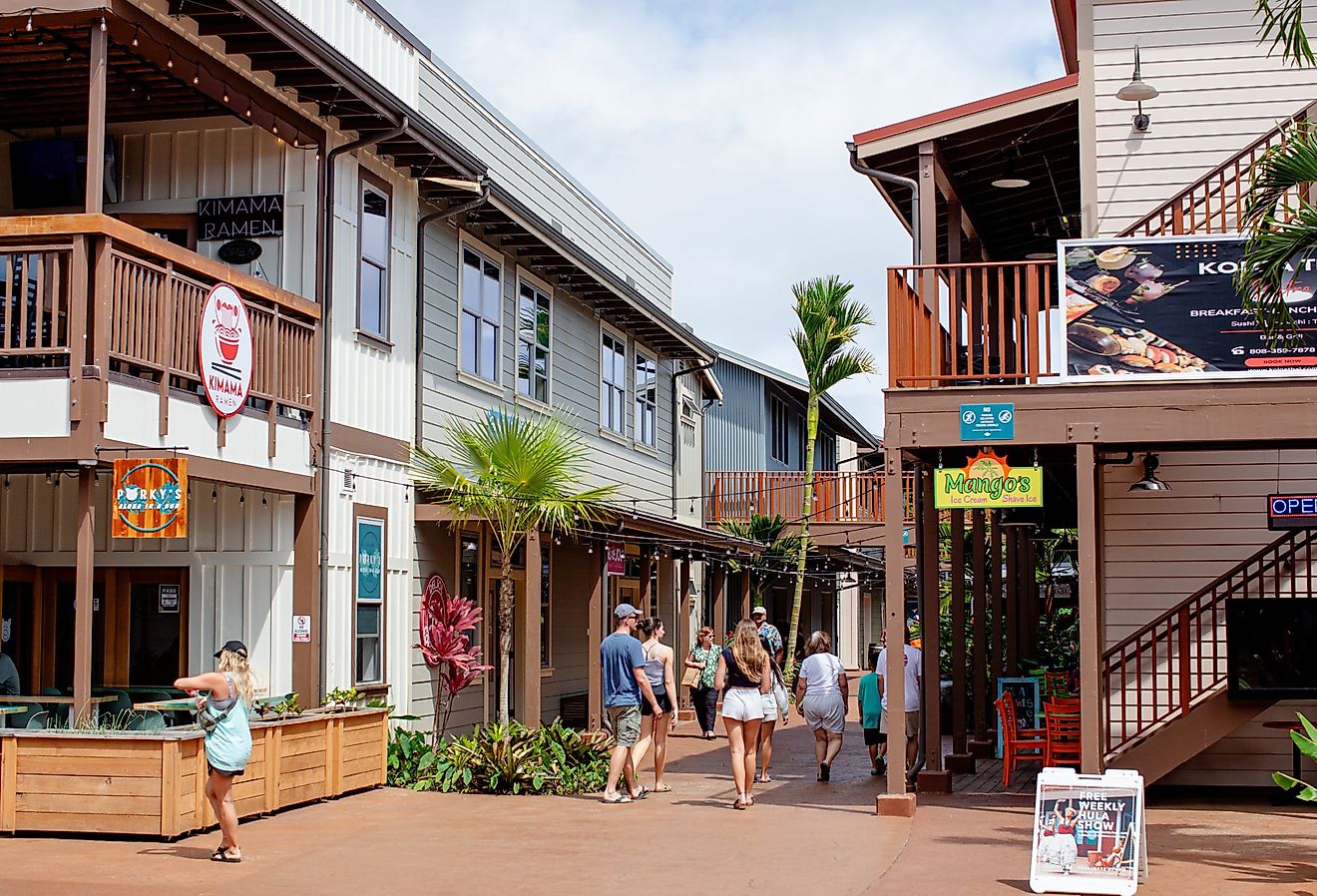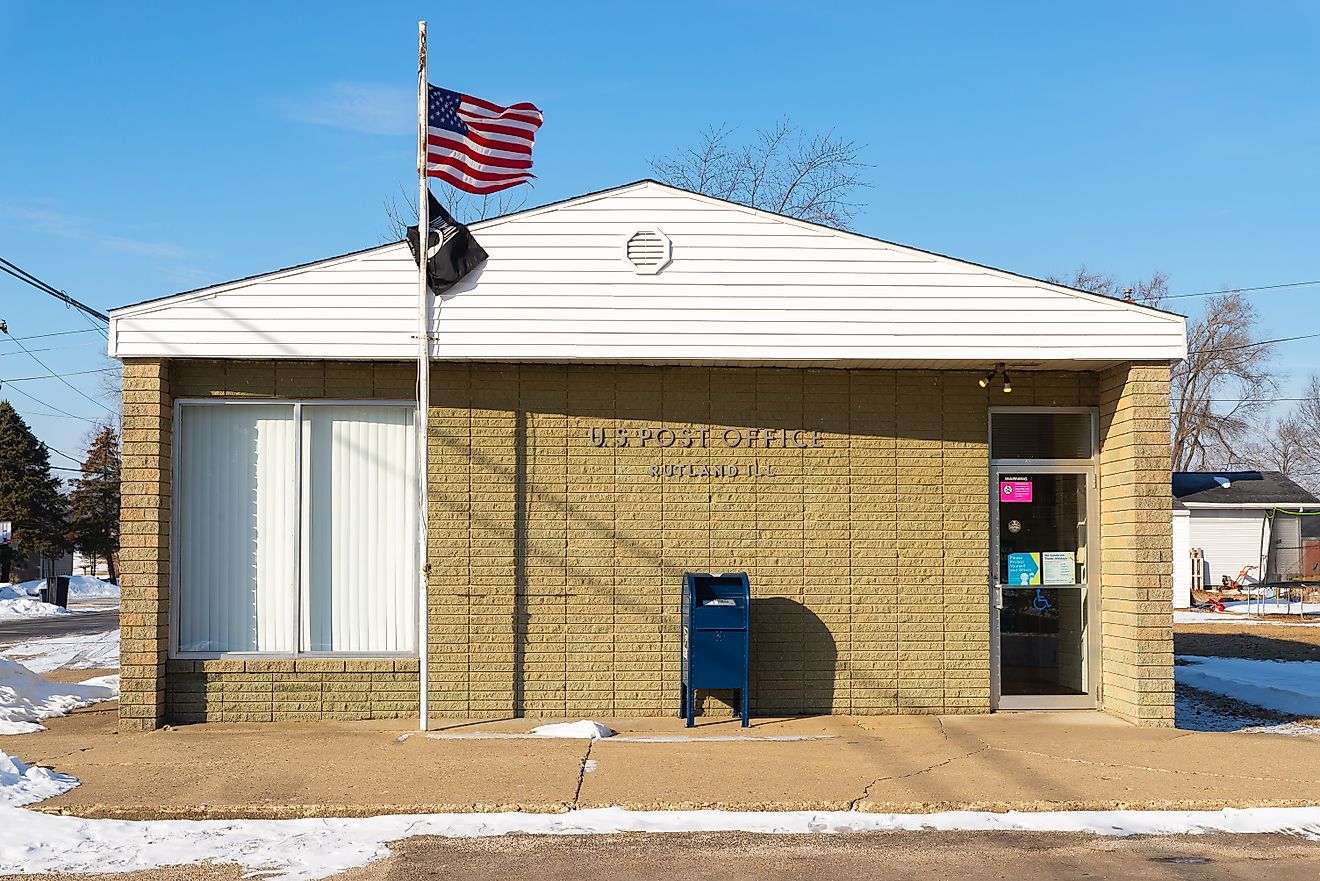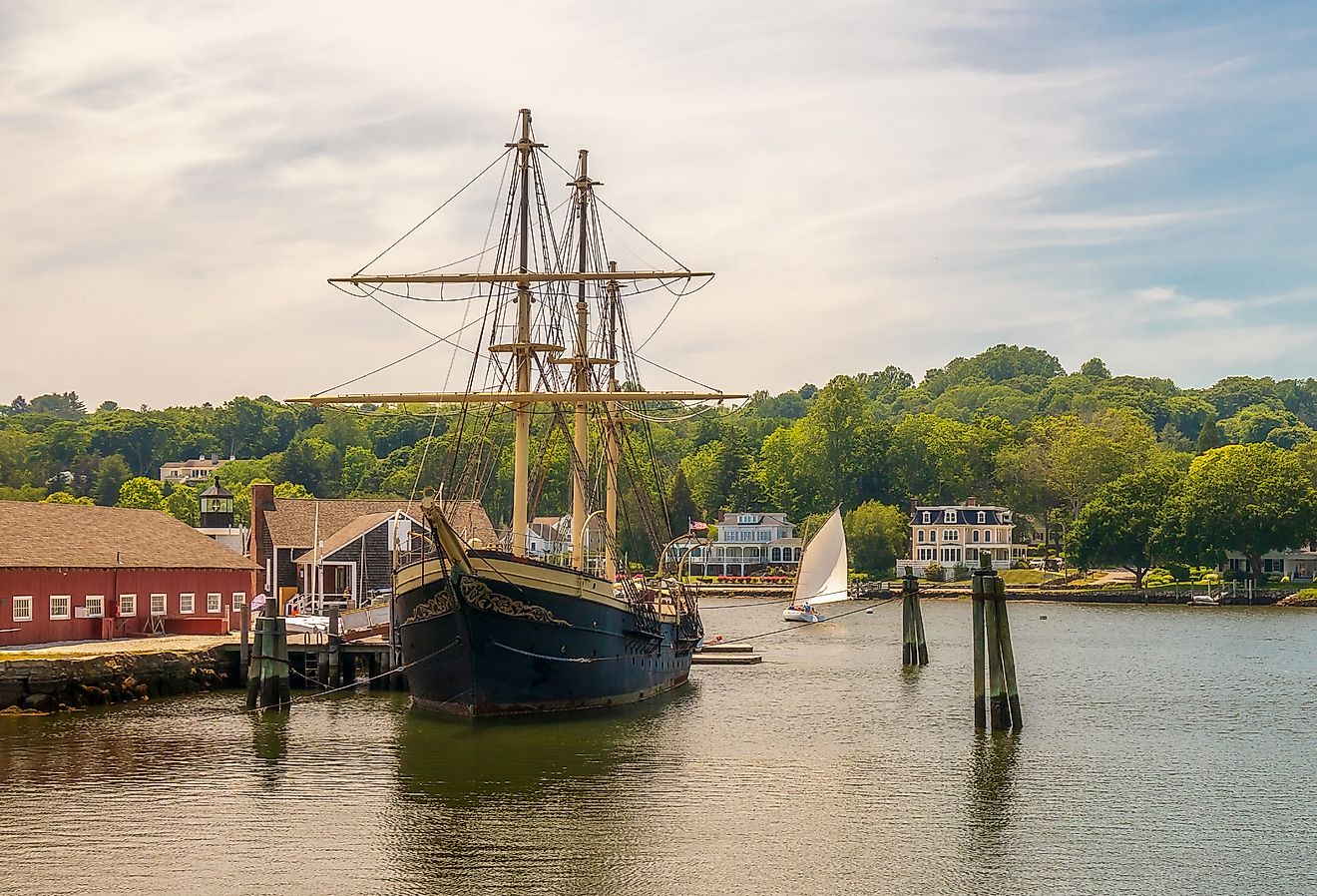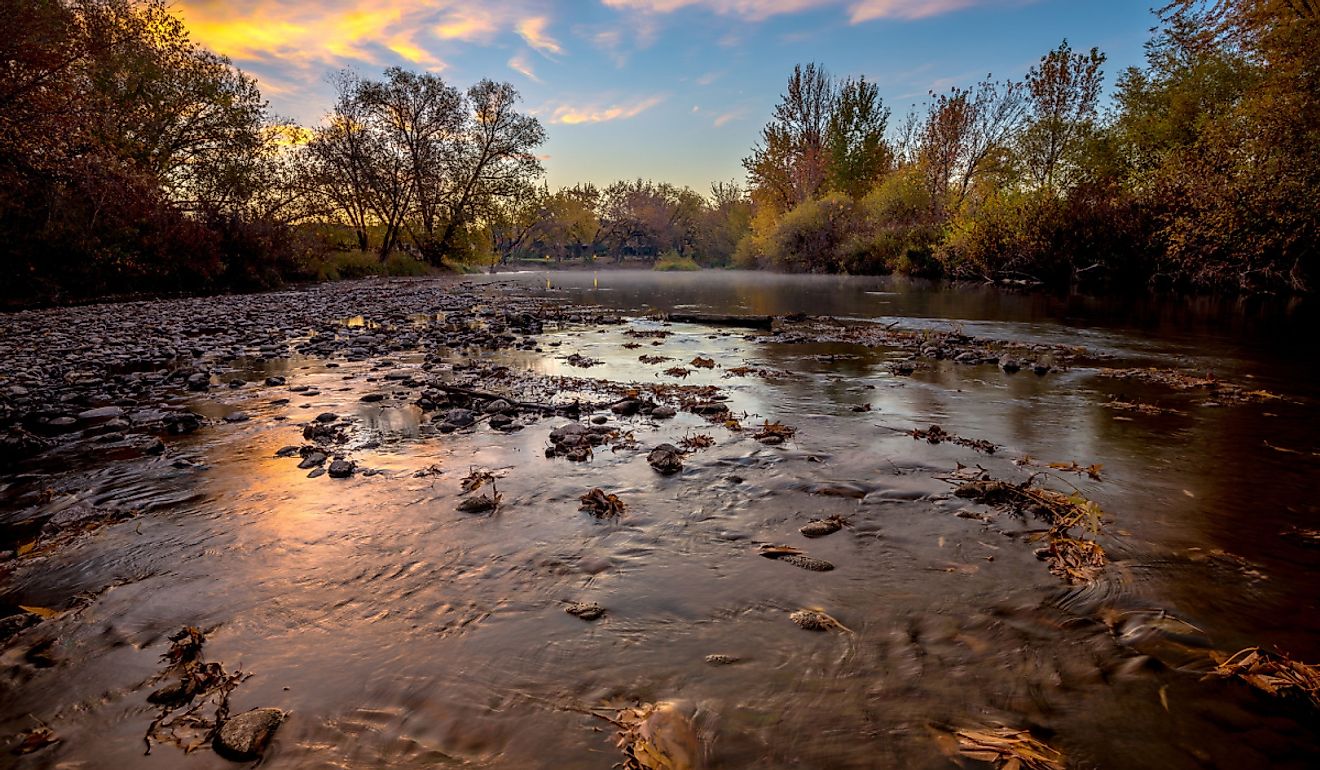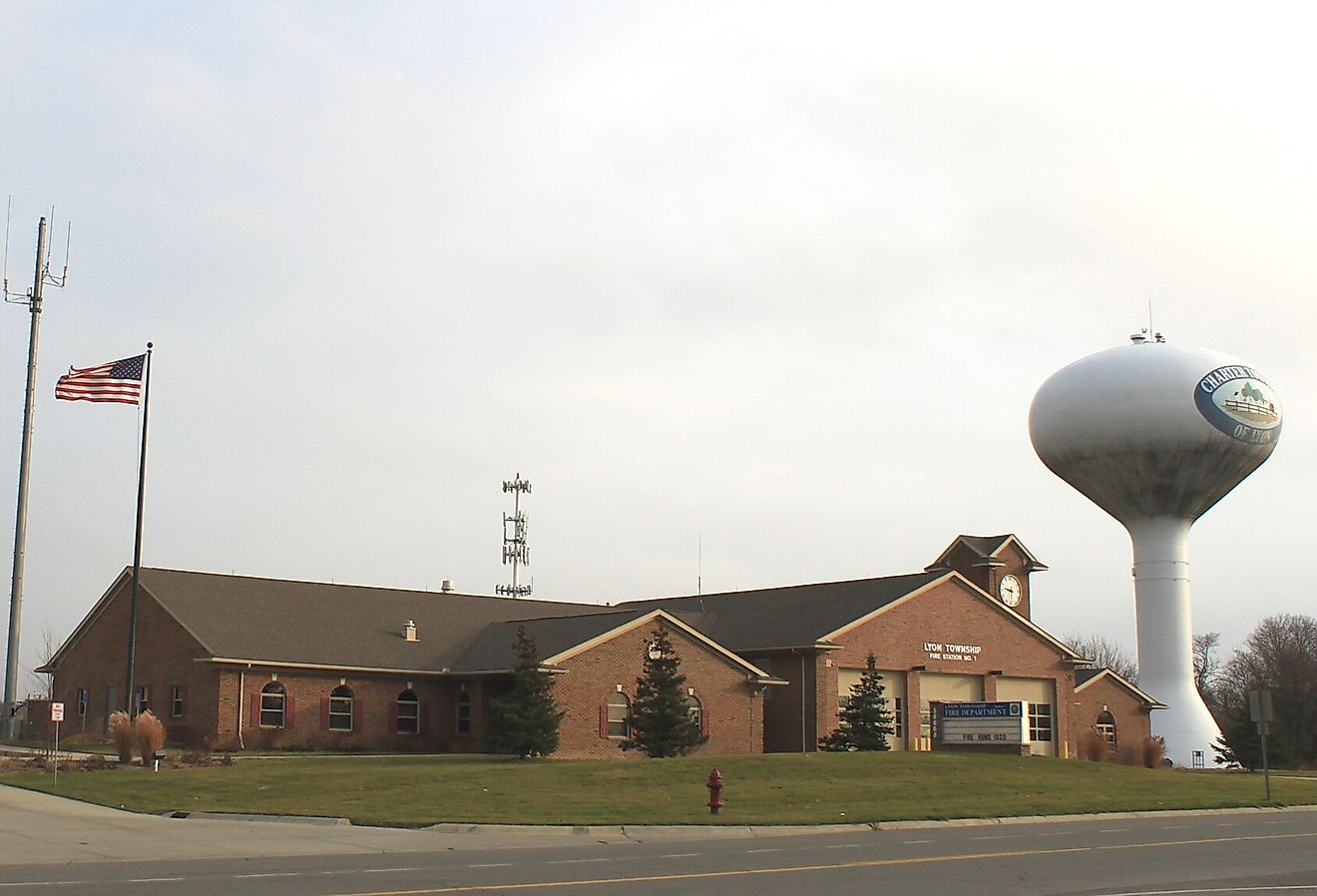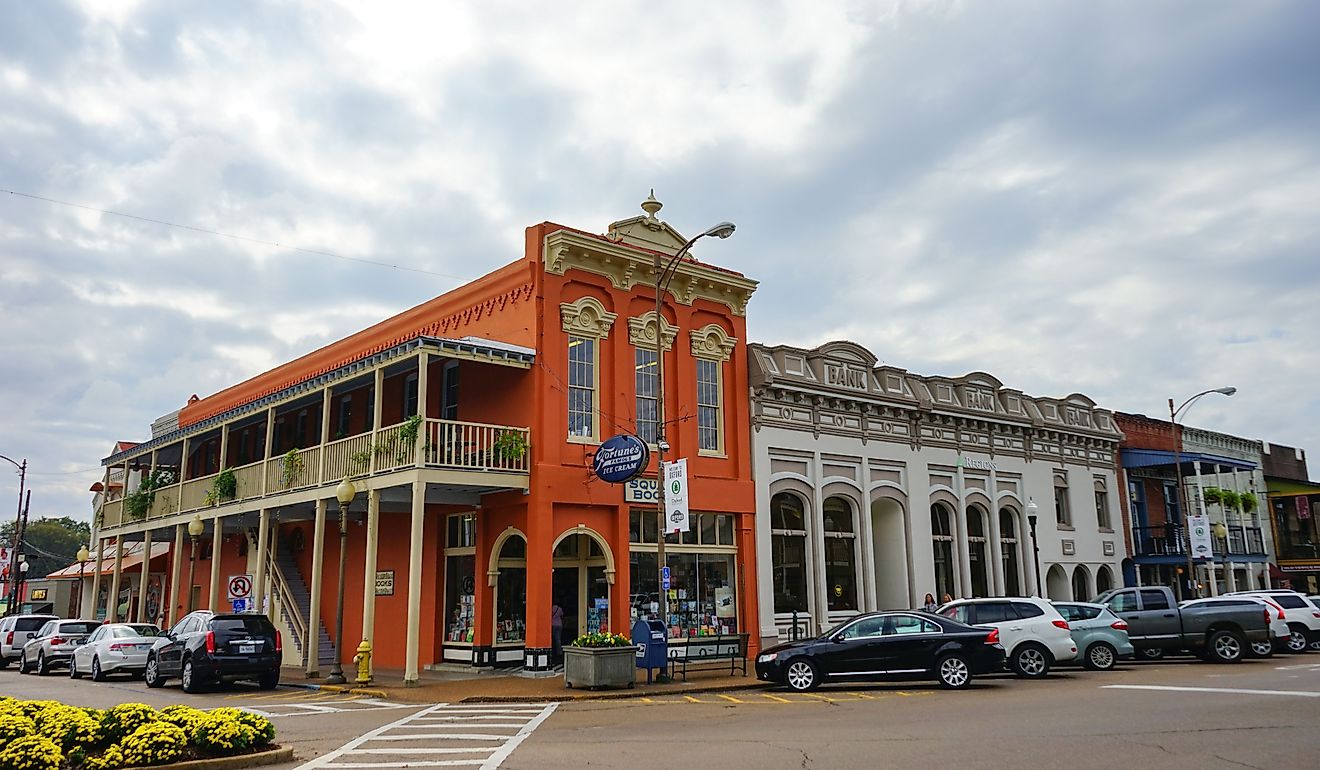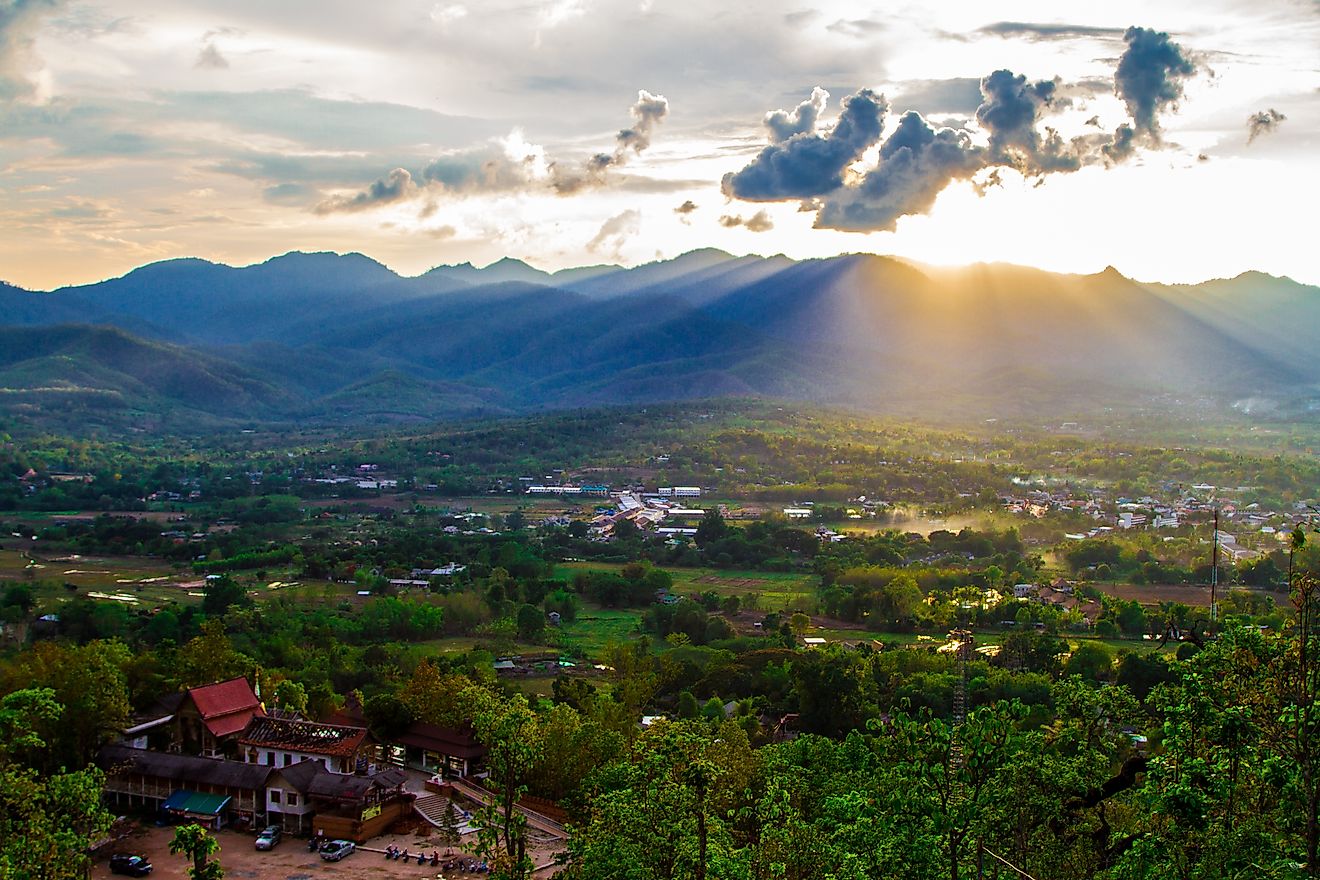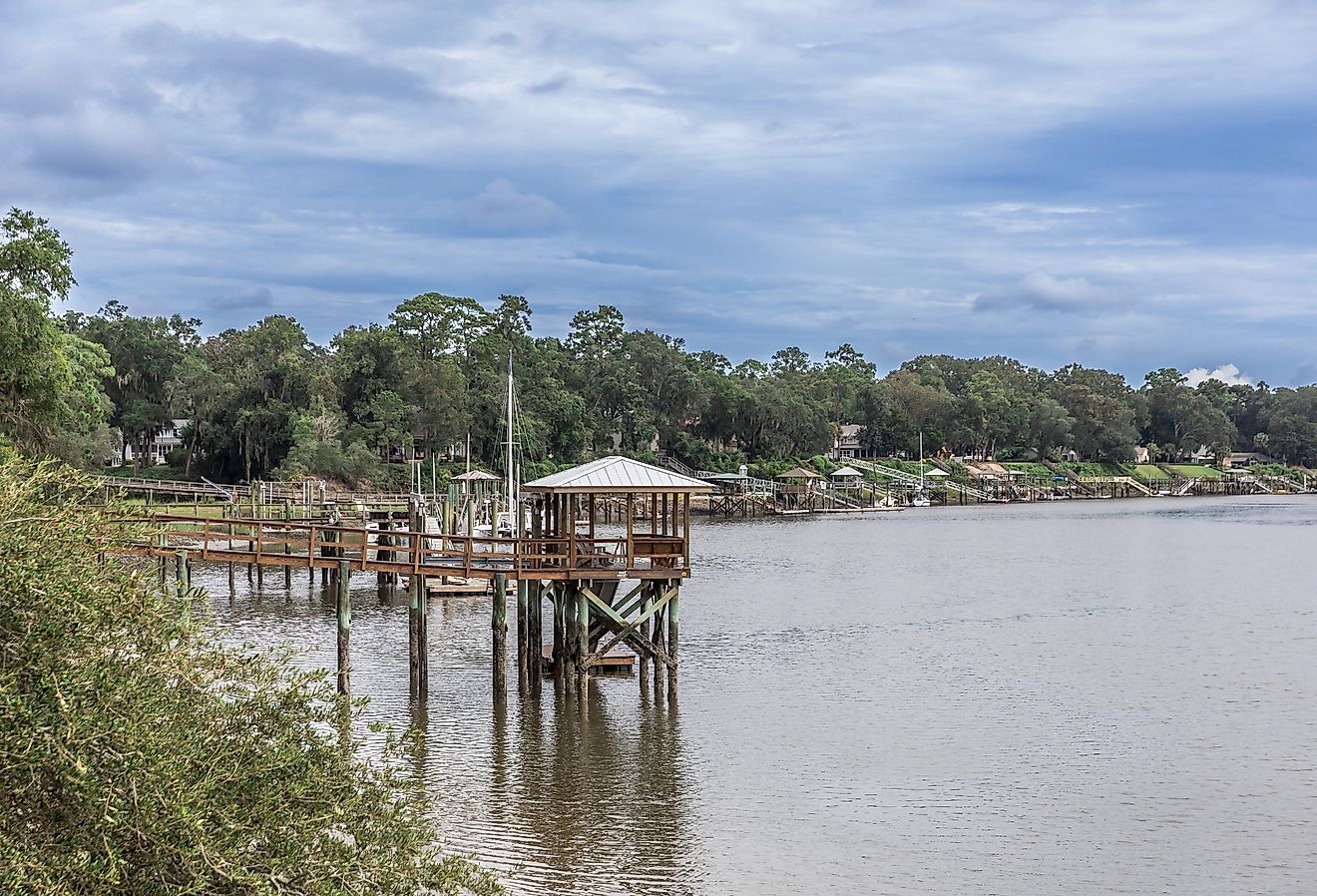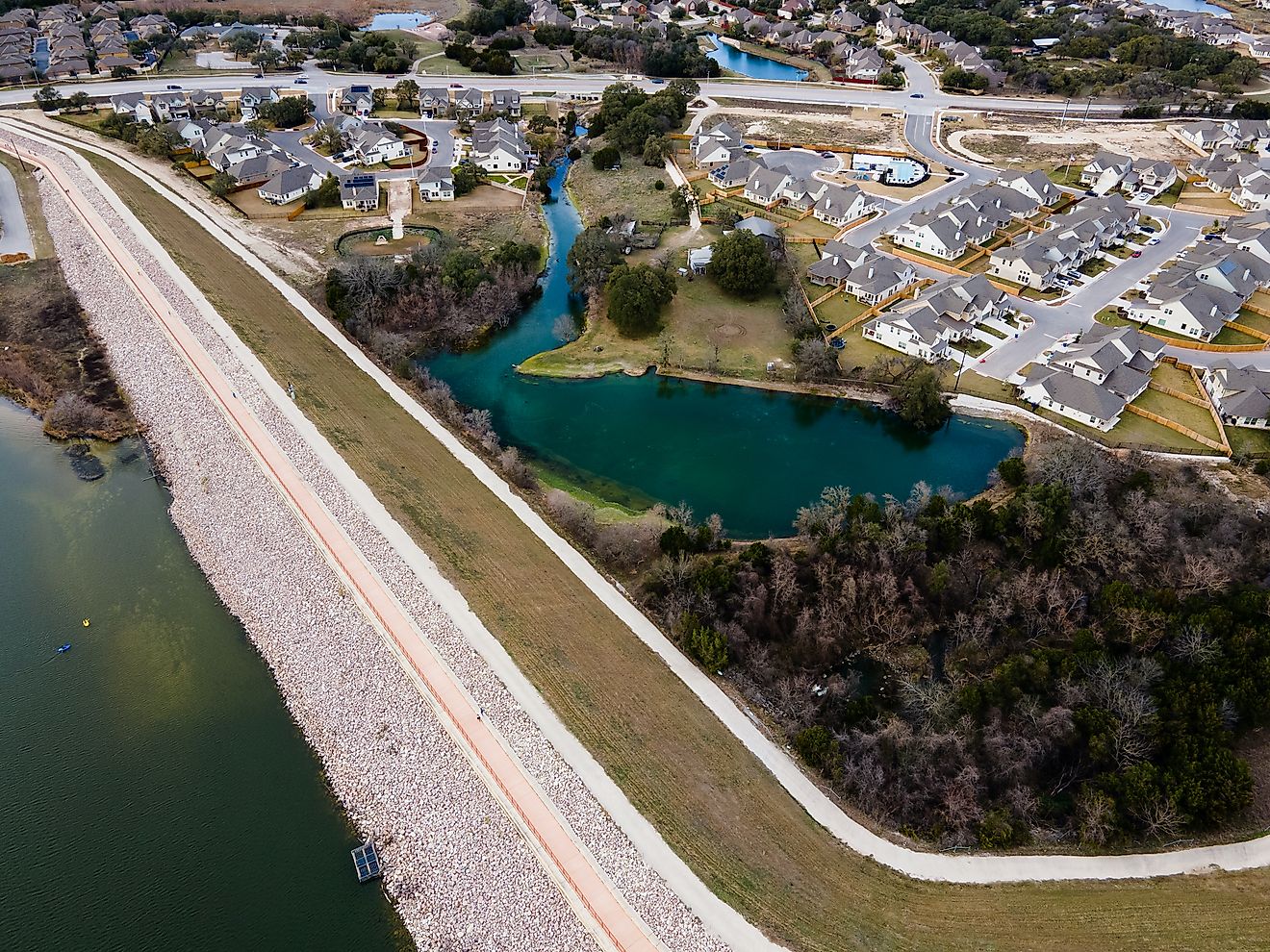Exploring Serbia: The Seven Serbian Wonders of Nature

7. Fruška Gora -
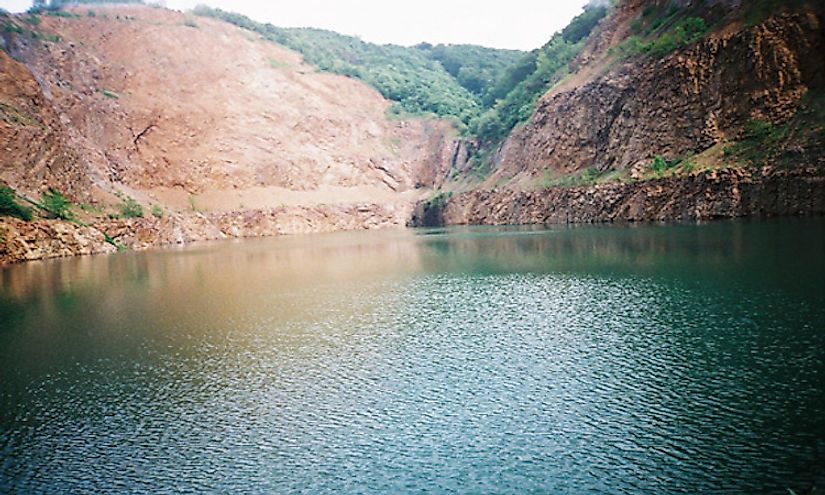
Fruška Gora is a mountain located in north Srem in Serbia and is often nicknamed as the jewel of Serbia due to the beautiful landscape of the region. The Danube River flows to the north of the mountain. The mountain stretches for about 80 km from east to west and 15 km from south to north. The 539-meter Crveni Čot is the highest peak in the mountain. Wine making is a popular activity in the region.
6. Vratna Gates -

Three natural stone bridges constitute the Prerasts of Vratna. Two of these bridges lie in the vicinity of the medieval Vratna monastery, and the other is farther away. Marked hiking trails lead to these stone bridges. Due to its scenic beauty and photogenic landscape, the Prerasts of Vratna is regarded as one of the Seven Serbian Wonders of Nature.
5. Iron Gate (Đerdap) -

The Iron Gates is a gorge located on the River Danube where it forms the border between Romania and Serbia. The gorge encompasses a 134 km route and hosts two hydroelectric dams and power stations. The Đerdap national park lies on the Serbian side of the Iron Gates gorge while the Iron Gates natural park lies on the Romanian side.
4. Tara National Park -

Tara is a mountainous landscape that is part of the Dinaric Alps located in western Serbia. The mountain stands 1,000 to 1,500 meters above sea-level. The entire landscape of Tara is a picturesque one with densely forested slopes, clearings and meadows, deep ravines, limestone caves, and steep cliffs. A part of the landscape was declared as Tara's national park in 1981. The national park is a popular tourist attraction encompassing 220 square km and altitudes varying between 250 and 1,500 meters above sea level. Roe deer, chamois, griffon vulture, peregrine falcon, black grouse, wolves, lynxes, etc., constitute the fauna of the national park.
3. Đavolja Varoš -

Đavolja Varoš is an interesting and unique rock formation located on the Radan Mountain in south Serbia. 202 exotic formations nicknamed as “earth pyramids” form the landscape of the area. The formations are about 2 to15 meters tall and 4 to 6 meters wide at the base. Strong soil erosion triggered by intense volcanic activity in the past led to the creation of these rock formations. Recognizing the geological significance of the Đavolja Varoš, the government of Serbia declared the site as a major natural monument and today it is also one of the Seven Natural Wonders of Serbia. A natural spring with a high mineral concentration flows below the rock formations.
2. Uvac -

The Uvac is a river rising beneath the Pešter plateau and the Golija mountain. The river then flows across southwestern Serbia into Bosnia and Herzegovina. It is thus a trans-boundary river which finally empties into the Lim River. The rivers forms the boundary between the two countries for a distance of 10 km. The meandering river snaking its way through the mountainous route in the upper course provides plenty of opportunities to tourists to capture breathtaking views of the landscape in their cameras.
1. Drina with spring -

The Drina River is a 346 km long river that forms a part of the border between Serbia and Bosnia and Herzegovina. The river is the longest karst river in the Dinaric Alps region. It is the Sava River’s longest tributary and part of the Danube River’s watershed region.
Exploring Serbia: The Seven Serbian Wonders of Nature
| Rank | Wonder | Location |
|---|---|---|
| 1 | Drina with spring | Forms border with Bosnia and Herzegovina |
| 2 | Uvac | Rises on Ninaja, flows through Pešter and Zlatibor District |
| 3 | Đavolja Varoš | Radan, Toplica District |
| 4 | Tara National Park | Dinaric Alps, Stari Vlah |
| 5 | Iron Gate (Đerdap) | On the border with Romania |
| 6 | Vratna Gates | Vratna river, Bor District |
| 7 | Fruška Gora | Vojvodina |
